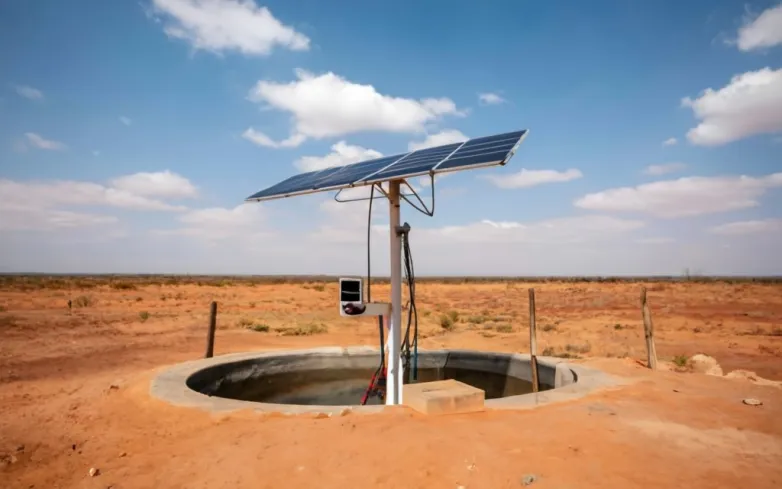Solving Water Scarcity: Solar-Powered Boreholes
- Onyedikachi Erete is revolutionizing rural Nigeria by installing solar-powered boreholes – providing clean drinking water and reducing waterborne diseases. USAID is partnering with Tanzania to fight water scarcity, while Morrow County's $1.7 million EPA grant is tackling the drinking water crisis. Together, these efforts are making a big impact in alleviating water scarcity.

Onyedikachi Erete is transforming rural Nigeria with the installation of solar-powered boreholes, providing clean drinking water and alleviating the physical strain of fetching water. This initiative has far-reaching implications for public health, potentially reducing the incidence of waterborne diseases. The federal government is taking steps to improve sanitation and eradicate open defecation, such as the ‘Clean Nigeria: Use the Toilet’ Campaign. Internationally, USAID is teaming up with local governments and communities in Tanzania to improve water resource management and sanitation, while Morrow County has secured a $1.7 million grant from the EPA to address the drinking water crisis in the Lower Umatilla Basin. Together, these efforts are contributing to the global fight against water scarcity.
How Is Onyedikachi Erete Addressing Water Scarcity?
- Onyedikachi Erete is providing access to clean drinking water to rural Nigerian communities with the installation of solar-powered boreholes, reducing the physical strain of fetching water from distant sources.
- He is also working to reduce waterborne diseases by improving sanitation and promoting the ‘Clean Nigeria: Use the Toilet’ Campaign.
- USAID is working with local governments and communities in Tanzania to improve water resource management and sanitation.
- Morrow County has also secured a $1.7 million grant from the EPA to address the drinking water crisis in the Lower Umatilla Basin.
- Together, these initiatives are helping to address water scarcity and contribute to public health globally.
Also read

